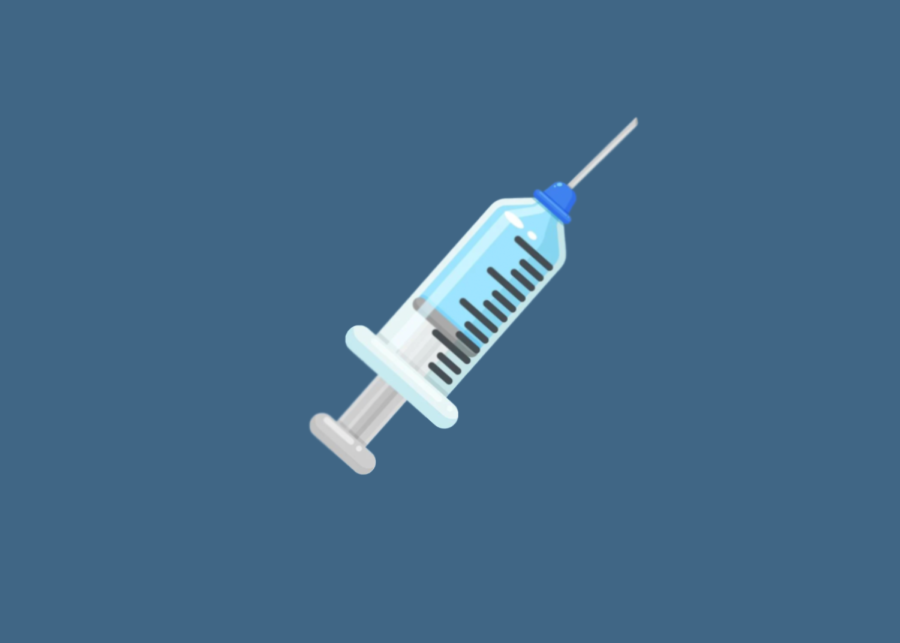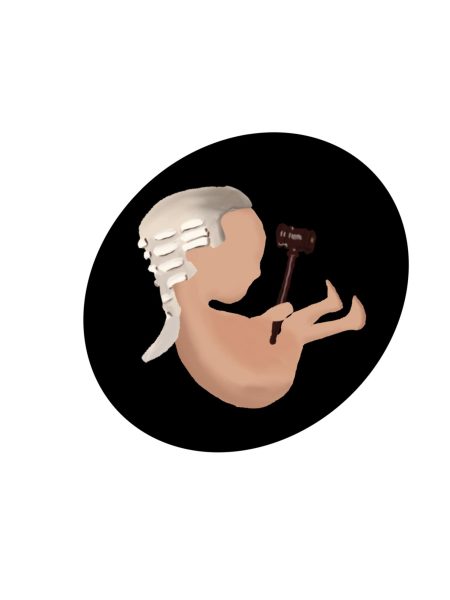To vaccinate, or not to vaccinate
November 2, 2021
With the sudden explosion of the coronavirus in 2020, the pandemic has forced us all to reconsider our own morals and even question our own mortality. Our population as a whole was forced to sit down and watch the world burn through the window while the virus ran rampant throughout the city, and the rate in which people were dropping like flies brought a very specific group of people into question: the healthcare workers.
As a healthcare worker myself, I understand just how important it is that we exist to help sick patients. We do not treat cancerous growth or a broken arm, we treat a sick human being. With that being said, the question of whether or not doctors should feel obligated to help those who refuse to get vaccinated has risen to the surface, and the only answer I can think of is this: yes, doctors are obligated to help those who refuse to be vaccinated. A patient is more than their past, medical, family and social history. They are so much more than a case study or an immunization record. They are a sick human being and they need help: a doctor’s own personal opinion about such matters should never come into question when considering a patient.
The only time it is acceptable to reject a patient, in my opinion, is if that patient’s grievances and pains are out of the professional’s scope of practice. If a patient requires surgery that the surgeon has never performed, for example, it is perfectly okay to refer them to another professional who is more comfortable with the procedure. What is not okay, however, is rejecting a patient simply because they refused to get vaccinated and it goes against the doctor’s beliefs.
To become a doctor means taking on the Hippocratic oath at the graduation ceremony. This is arguably the most widely known of the Greek texts that calls a physician to swear that they will uphold professional ethical standards. The oath is sworn to past medical deities – Apollo, Asclepius, Hygieia and Panacea – and it essentially says that every medical professional will “first, do no harm” and will not discriminate against patients regardless of age, race, gender, sexual orientation, or disabilities. It also swears that the knowledge of medicine will continue to be passed down to future generations. This oath exists to ensure the quality of service, making sure that every patient receives the care that they deserve.
It is constantly argued today whether or not this oath is relevant anymore because of the changing times. Some clinicians do not believe they should take an oath at all, as they are “health professionals doing a job regulated by the law and General Medical Council (GMC).” As a fully vaccinated medical scribe and patient care technician, I beg to differ: why would such an oath, one that swears basic human decency to people who have the capabilities to help other people, become outdated? How, then, are we supposed to prosper as a population if the very people we turn to for medical help have the option to turn away from those in need, based on nothing but emotions and prejudice alone? If that is the world that we are progressing into, I want nothing to do with it. I feel very strongly that people should get vaccinated, but there is nothing I can do about the people who outright refuse to. It is not my choice, it is theirs. That will not sway my decision to assist them in a medical setting.
Vaccinated or not, doctors should reach to the best of their abilities to help everyone they can. I understand how hard it can be to balance a thousand things at once in the workplace – hospitals and clinics can get overwhelming, and there’s no doubt about that. There will be rude patients and there will be stubborn patients, there really isn’t a way to avoid that. There are people who are heartbroken and there are people who have hit rock bottom; we cannot control the way that they act, but we can control the way we handle the situation as a medical professional. Our job is to help those in need no matter the background, no matter the trauma, no matter the baggage. Of course there will be situations where rejecting the patient might be the better option, but the bottom line is that such decisions should not be based on opposing political viewpoints alone. In a world full of division and pain, the hospital is supposed to be a place of unity of healing – let us do our best to preserve a sanctuary for generations on end.












